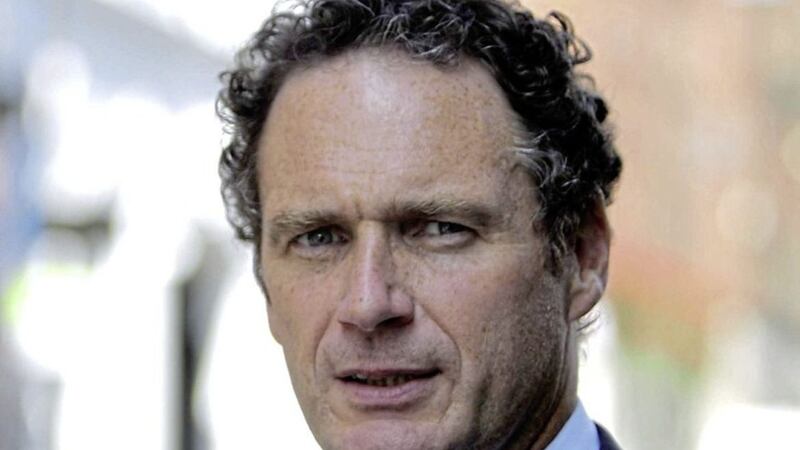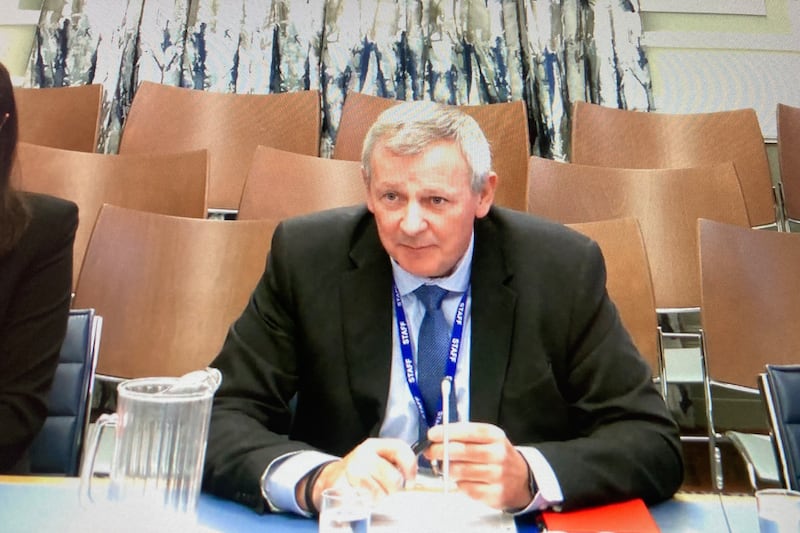THIS time it feels different. The talks process is formally underway and so far looks likely to produce a path to a restored Stormont executive and assembly early in 2020.
The poor election performance of the DUP and Sinn Féin and the publicly expressed demand of voters for a return, aligned with the ongoing crisis in the delivery of our health service, have all converged to make a deal more likely now than at any time since February 2018.
But what kind of Stormont will we be getting? If the parties agree a fudge of sorts over Irish language and return to the old structures and systems, that won’t be good enough, and it won’t last.
While we've still to see Sir Patrick Coghlin's report into the RHI scandal, the inquiry's evidence sessions would indicate that nobody will emerge with their reputation intact – not civil servants, not the politicians and certainly not the special advisers (spads), who, it has been clearly demonstrated, overruled advice from officials, worked to their own agenda and gave the impression that they were effectively in charge.
It has been suggested in some quarters that the use of spads should be stopped, that they have no place in our democracy. I appreciate the rationale behind this view and can understand it is borne out of absolute frustration. But it is wrong.
When I was appointed as a spad in the 1999 executive, working to SDLP minister Sean Farren, firstly in the old Department of Employment & Learning and then the Department of Finance & Personnel, there were three key functions bound up in the role.
Firstly, to be a link between the minister and his or her party; secondly to be a link between the minister and officials within the department; and thirdly to liaise with other spads from across the political system.
To this end, the Ministerial Representatives Committee (MRC) met for a lengthy session each Monday to hammer out the issues ahead of the weekly meeting of the executive.
It was an effective system, it worked well and the presence and role of the spads helped that executive bed down politically, before it all came to an abrupt halt in October 2002.
The role of the spad does need to be reviewed and made much more transparent. I would suggest that someone from outside the civil service is tasked with carrying out such a review and drawing up a code of conduct which is rigorously enforced, presided over by an independent figure who could receive complaints and be given the power equivalent to that of the recently concluded RHI public enquiry.
In fact, is there a better placed person than Sir Patrick Coghlin both to draw up the code of conduct and to oversee its implementation?
There should be no room for political avoidance of responsibility either, no ‘responsible but not accountable…’ wriggle room. If a spad is deemed to have contravened the applicable code, the minister who appointed the adviser should be politically punished.
We all want to see better government. There is a danger if a sort of collective revisionism taking hold as the talks progress, a hope that the return of Stormont can ease all the problems around health, education, infrastructure delays, and of course we hope that local ministers will make a difference to these everyday issues.
But those problems were there when we had a Stormont and they won’t be easily or quickly addressed.
There is a role for spads in delivering better government and we should not dispense with the function or the person in a 2020 version of Stormont.
We just need to be better at it.






